Description
Apollo • Oedipus Rex • Symphonies of Winds Capriccio • Jeu de Cartes • Symphony in 3 Movements. CD 1 (78:40) Apollon Musagète Ballet en deux tableaux pour orchestre à cordes. With Kölner RSO (WDR) [Cologne Radio Orchestra], Köln, 8 Oct. 1951. Oedipus Rex Opéra oratorio en deux actres d’après Sophocle With Kölner RSO (WDR) [Cologne Radio Orchestra], Köln, 8 Oct. 1951. Oedipus: Peter Pears, Ten., Jokaste: Martha Mödl, MS; Kreon: Heinz Rehfuss, Bar., Tiresias: Otto von Rohr, B., Shepherd: Helmut Krebs, Ten., Speaker: Werner Hessenland [in German]; with the expanded men’s choir of NWDR. CD 2 (71:22) Symphonies d’instruments à vent à la mémoire de Claude Debussy [1947 rev.] With SO des SWF, Baden-Baden, 21 May 1954* Capriccio pour piano et orchestre en trois parties [1949 rev.] With Maria Bergmann, SO des SWF, Baden-Baden, 21 May 1954* Jeu De Cartes. Ballet en trois donnes. With SO des SWF, Baden-Baden, 21 May 1954* Symphony in Three Movements With Maria Bergmann, SO des SWF, Baden-Baden, 21 May 1954* * Previously unissued. Sound restoration: Kit Higginson. AAD; UPC# 17685-11842-5
Buzz: Stravinsky took up conducting during his French years, when he was no longer the celebrated composer of major Diaghilev ballets and needed to make money. But as important as earning a living with his performances (or perhaps even more so) was the degree of control over his music that conducting afforded Stravinsky. Other conductors’ interpretations had almost always left him dissatisfied, and the scores available for performances were often riddled with errors or contained insufficient instructions to the performer. So Stravinsky wanted, on the one hand, to correct or even revise the scores during performance, and on the other hand he wanted to execute those musical choices and ideas which could not be notated. Beginning in the late 1920s, Stravinsky also started to record his major works. His long-time associate Robert Craft writes about the composer’s aims as a recording artist:
“[Stravinsky felt that] his recording should be considered not only as documents of his wishes but also as guides for others, and should serve as protection against arbitrary interpretations.” This collection includes six of his Neo-Classical masterpieces in superb West German interpretations, four of them previously

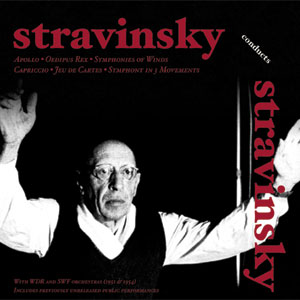
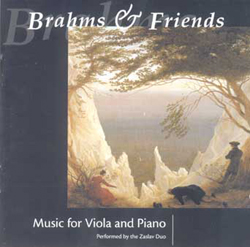

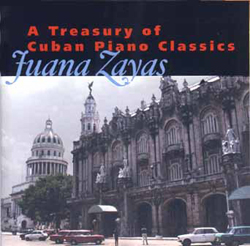
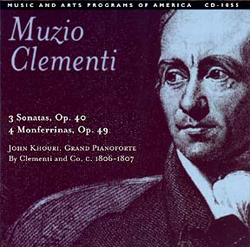
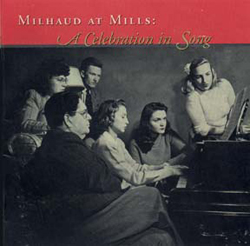

Reviews
There are no reviews yet.